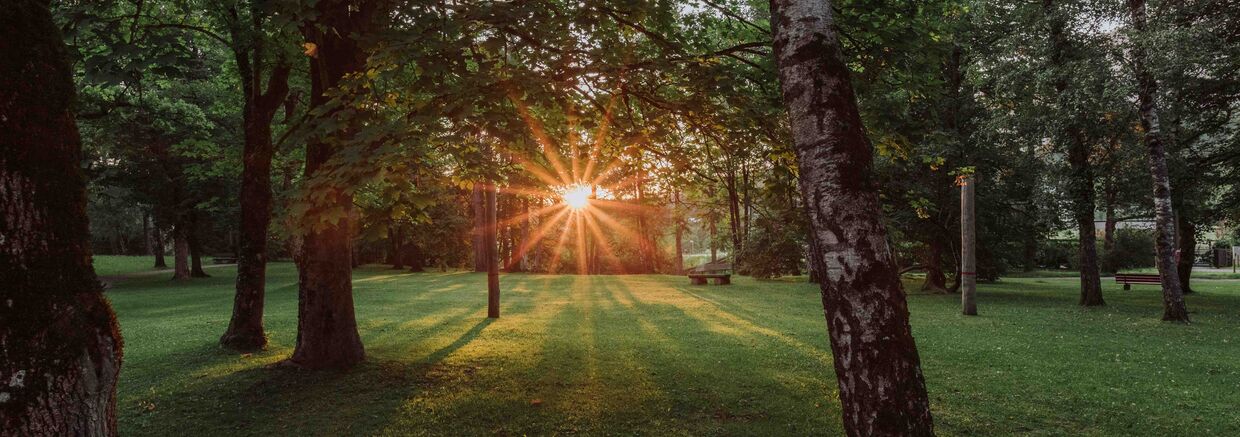
Green Meetings
Green meetings & sustainable events
Big event, small ecological footprint.
How to achieve this at your meeting in Austria and what the "Green Meetings" and "Green Events" eco-labels stand for.H
Austria as a meeting destination is aware of its responsibility in terms of environmental protection and relies on targeted measures with which to also enshrine sustainability at congresses and events. This means, above all, short journey times, waste prevention, and efficiency using different forms of energy, but also the conscientious handling of resources and a focus on regionality. Potential actually exists here, because on average 3.5 kg of residual waste and 5.5 kg of paper waste are produced during a three-day conference – that is, mind you, per participant. A third to half of the resources could easily be saved.
Seal of quality for sustainable meetings and events
The Austrian Eco-Label for Green Meetings and Green Events is awarded to events, hotels and conference centres, but also to suppliers like caterers who pay particular attention to the sustainable use of resources. Thanks to the excellent infrastructure in all areas of supply and disposal, a well-developed public transport network and a wide range of regional and organic foodstuffs, it is possible to implement sustainability in a meaningful manner in all Austrian federal provinces. In order to earn the quality seal, companies and locations must fulfil strict environmental criteria. The license is granted for four years and can be extended after a further assessment. Are you looking for a location in Austria to hold your green meeting?

5 sustainability approaches for your event
Ideally, the decision for an event to go green should be made as early as possible during the conception phase, as it makes planning and implementation easier. The careful handling of resources can also be accomplished by introducing positive and creative incentives. Five approaches exist with which you can firmly anchor the concept of sustainability in your meetings and events.
Hybrid as a sustainable alternative: While digital and hybrid events are often the only way to hold meetings during the pandemic, the environment benefits from them, too. Perhaps some of your audience could be hooked up to the event virtually instead of them starting out on a long journey by plane. "Green Meetings" experts for virtual and hybrid events in Austria can be found here.
Forward-looking resource planning: Not everything has an expiry date – for example, roll-ups and banners can be reused at annual events if they are produced without the indication of any year. Ask yourself what is really necessary: How much printed material do you actually need? Do you print ecologically, for example, on chlorine-free paper or on recycled paper? Do you display information material in a prominent place so that those interested can easily access them? Flyers are often thrown away unnoticed, and with reduced quantities you protect resources and the environment.
Score high when it comes to mobility and travelling: Decide on a location that is easily accessible by public transport and make car sharing available, too. And to motivate your participants to travel sustainably, include public transport costs in the attendance fee. Participants who actually arrive by public transport, could also win prizes.
Catering – The good lies so near: Use regional and organic products at your event in Austria – for example, tap water, apple and grape juice for drinks, organic and fair-trade for coffee, as well as regional wineries and local beers. True to the motto, "Do good and talk about it," inform your participants that the regional delicacies come from the farm next door. Here are all certified caterers and gastronomy establishments in Austria.
Smart waste management: Too much food was made for your event? Let participants take the leftover food home with them. The ideal take-away pack is the TafelBox, a food-safe, easily sealable container made of compostable material.
